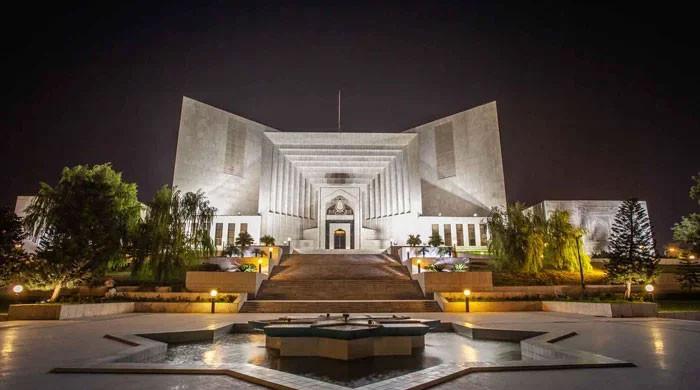ISLAMABAD: The Pakistan Democratic Movement (PDM)-led government has filed a response in the Supreme Court, requesting the dismissal of petitions challenging the Supreme Court (Practice and Procedure) Act, 2023, a law aimed at regulating the powers of the Chief Justice of Pakistan (CJP).
The Additional Attorney General for Pakistan (AAGP), Amir Rehman, submitted the federal government’s eight-page response to a three-member bench of the apex court hearing the petitions.
Government’s Position
The government maintained that the legislation had already become an act of Parliament following its passage in a joint sitting last month. It argued that:
- The law enhances judicial independence and transparency by providing for a committee—comprising the CJP and the two next senior-most judges—to exercise the powers of bench constitution.
- There is no constitutional or legal bar on Parliament legislating on the matters addressed by the act.
- The concept of the “Master of the Roster” has no statutory backing and is based on practice under the Supreme Court Rules of 1980, which Parliament can regulate under Article 191 of the Constitution.
The government asserted that the petitions lack merit, are not filed in good faith, and are an attempt to hinder justice and the independence of the judiciary. It requested the Supreme Court to dismiss the petitions, emphasizing that doing otherwise would undermine public trust in the judiciary’s impartiality.
Legal Background
The Supreme Court (Practice and Procedure) Act, 2023 seeks to:
- Regulate the Chief Justice’s powers regarding bench formation and suo motu jurisdiction.
- Introduce a collective decision-making process by involving senior judges.
The National Assembly notified the act on April 21, 2023, but the law’s implementation was halted by the Supreme Court on April 13, 2023, through an interim order. The court stated that if the bill were to receive presidential assent, it would not take effect until further notice.
Supreme Court’s Interim Order
The eight-member bench, led by CJP Umar Ata Bandial, had previously stopped the implementation of the law, citing its “extraordinary import and effect.” The interim order noted that:
- The law would not be acted upon until the court had reached a final decision on the petitions.
The bench includes prominent justices such as Justice Ijaz ul Ahsan, Justice Munib Akhtar, and Justice Ayesha A Malik.
Next Steps
The Supreme Court will continue hearing the case to determine the constitutionality of the Supreme Court (Practice and Procedure) Act, 2023. The government has reserved the right to introduce additional grounds to defend the law during the proceedings.
This case remains pivotal, as it addresses the balance of power between Parliament and the judiciary in Pakistan’s constitutional framework.

